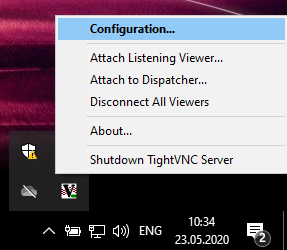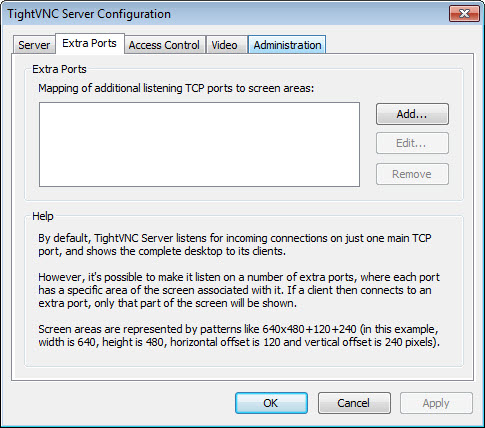



It can also be used for remote training, collaboration, and remote access to personal computers. TightVNC is often used by IT professionals and system administrators for remote support, troubleshooting, and maintenance of servers and workstations. The software also provides various authentication methods to ensure secure remote access, such as password authentication and encryption. With TightVNC, users can view the remote desktop in real-time, control the mouse and keyboard, transfer files, and access the clipboard. With TightVNC, you can see the desktop of a remote machine and control it with your local mouse and keyboard, just like you would do it sitting in the front of that computer. When you’re ready, click the Connect button.TightVNC is a free and open-source remote control software that allows users to access and control desktops and servers from a remote location. For example, Make sure you select the Use SSH or SSL+SSL option before you connect. Under VNC Host:Display, type Replace SSHusername with the username you’d use for your SSH connection, and replace remoteIPaddress with your remote desktop IP address. Open the SSVNC client and, within the main SSVNC client window, fill in the required fields.SSVNC is supported by Windows and Linux operating systems. One example is SSVNC which, while basic, will tunnel over SSH before making a VNC connection. Other VNC clients, however, do include SSH tunneling within the client itself. While TightVNC is a popular Windows client for VNC connections, it doesn’t support SSH tunneling within the client itself, requiring you to use PuTTY to make the connection. If your SSH connection is working correctly, TightVNC should load your remote VNC desktop window, ready for you to use.


 0 kommentar(er)
0 kommentar(er)
